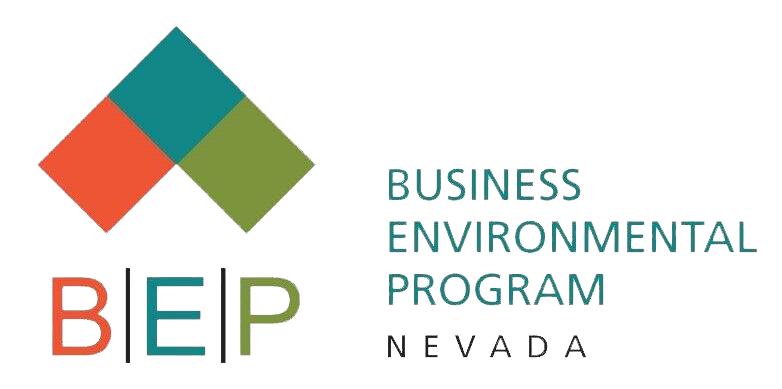Do you have or plan on starting a business in Nevada that uses or stores highly hazardous materials? If so, you may be subject to Nevada’s Chemical Accident Prevention Program (CAPP) permits and their requirements, administered by the Nevada Division of Environmental Protection’s (NDEP) Bureau of Air Pollution Control (BAPC).
What is CAPP?
The Chemical Accident Prevention Program (CAPP) inspects and evaluates compliance with safety and prevention programs at industrial facilities (both large and small) that use highly hazardous substances or explosives. Through permits and annual inspections, CAPP regulates the provisions of the prevention programs for facilities to safely handle explosives, toxics like chlorine and ammonia, and flammables like butane and methane.
Who does CAPP apply to?
A facility likely needs CAPP permits if it meets at least one of the following criteria:
1. Uses, stores or produces at least one chemical from a list of toxic, flammable or explosive substances that exceed certain thresholds.
2. Two or more releases of highly hazardous substances within a 12-month period
If CAPP applies to a facility, NDEP staff will work with facility operators to make sure detailed operating plans, emergency procedures, and hazard analyses are in place to protect employees, the community, and natural resources.
Where does CAPP apply?
NDEP administers this program statewide including Clark and Washoe Counties.
What are some examples of CAPP facilities?
Some examples include:
• Geothermal power plants
• Water treatment facilities
• Explosives manufacturing operations
• Chemical production factories
• Chemical storage and transfer stations
• Ammonia refrigeration facilities
What does it take to acquire a CAPP permit?
There are two permits required for CAPP: the Permit to Construct (obtained before constructing a facility) and the Permit to Operate (obtained prior to operating the facility). It is highly encouraged to contact the Nevada Division of Environmental Protection (NDEP) early in the process, as permitting can take several months to complete. NDEP will review design and construction, specifications, emergency response plans, coordination of HAZMAT response with emergency responders, etc. prior to issuance of CAPP permits.
Check out the CAPP webpage here. To check out the thresholds for permitting, click here for the regulated substance lists.
If you would like assistance in determining if you will need a CAPP permit, please contact Griffin Hadlock at gthadlock@unr.edu.
